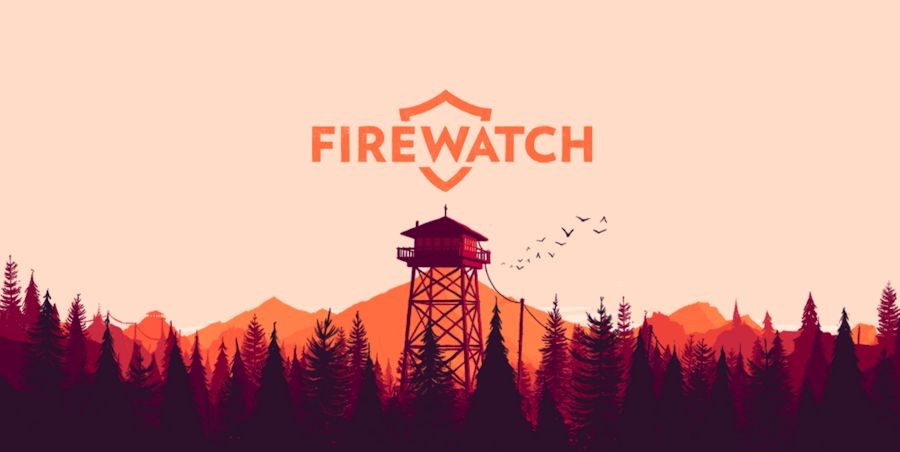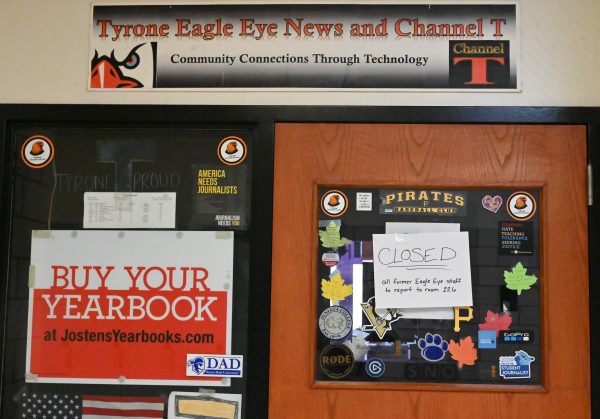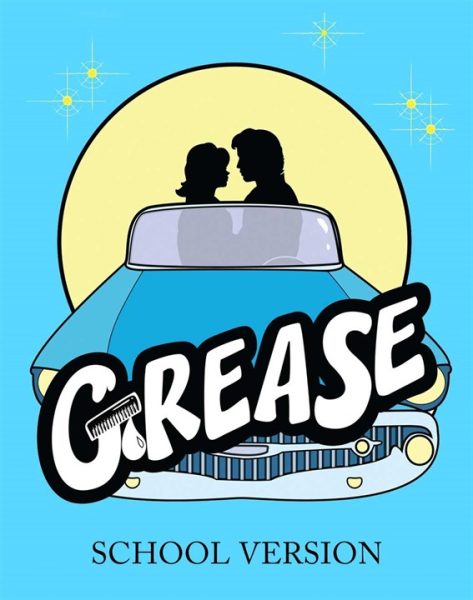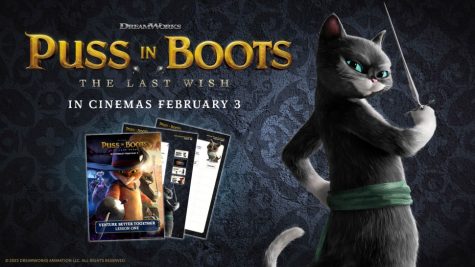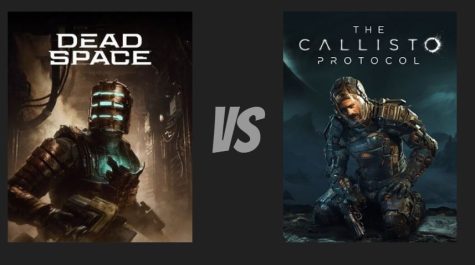Fanning the Flames: Firewatch Game Review
5 out of 5 stars.
The recent surge of ‘walking simulators’ has created a plethora of interesting new titles for gamers looking to be invested in a gripping and well-written story, rather than a focus on over the top action and intense battles. Puzzlers, choice simulators, and mystery solvers are some of the most popular games on the market right now, and with titles like Firewatch, it’s no surprise that these story-driven experiences have found a niche to thrive in. What Firewatch lacks in gameplay it more than makes up for with immaculate visuals and a matching cast of characters, who all deliver one of the most entertaining and gripping narratives of any modern puzzler.
As affectionate as ‘walking simulator’ may be for Firewatch and its compatriots, it feels more like a movie or a long book.
That’s essentially what Firewatch is: a choose your own adventure murder-mystery novel that you actually experience. From the cutesy, yet grim introduction slides, the tone and pace of the game is established just as well as any bestselling novel. The characters are funny, and at the same time human. The player character, Henry, is a struggling middle-aged man taking up his new job in the sparse Wyoming campgrounds to escape his strained marriage. From day one, his supervisor Delilah comes across as a sassy, carefree, and indulgent woman a tad past her prime. It’s the setup for a stereotypical romance, but it becomes so much more than your typical daytime TV movie.
Firewatch tells its story in two ways, the characters and the setting.
In a way, the gameplay is the story itself, and how it is shaped by the woods. The campgrounds are wonderfully crafted and will stick with players who take the time to view and appreciate the truly immaculate vistas offered by the map. It’s not a very large map, but it feels as large as it needs to be and never seems to repeat itself or look bland. Every tree rendered in the numerous forests could tell a story, and most do. The set pieces are rich with backstory and dialogue which fuels the other storytelling tools: the characters.
There are really only two main characters in Firewatch, the aforementioned Henry and Delilah.
While Henry never interacts with Delilah personally, their engagements limited to dialogue through camp walkie-talkies, the chemistry between the two is excellently crafted. When they need to be cheesy, it works, and the dramatic moments feel real. The characters all have soul, which is a necessity for the game. As the narrative expands and more characters are alluded to, a real sense of betrayal and doubt enters the mix of emotions. It’s hard to tell who is even telling the truth half of the time, and sometimes honesty isn’t the best policy in some of Henry’s own responses.
If there could be one complaint for Firewatch, it’s that there simply isn’t enough of it.
The game can be completed surprisingly quick, and some of the best lines of dialogue and scenic locations are either hidden or only used to one or two encounters. Of course, the storyline doesn’t feel rushed or lackluster because of its quick pace; the pace is perfect and the conflicts are introduced and handled with perfect timing. Just like a book or movie, Firewatch relies on a suspension of disbelief. You aren’t playing the game to dissect the plot inconsistencies, just as you wouldn’t read a book to do the same. Twenty dollars goes a long way for Firewatch. If you’re invested in the story at all, the ending will surely be a bit of a slap to the face, but it feels right at the same time. The ending isn’t extremely happy, or sad for that matter. It’s just an ending. Amidst the chaos and deceit fermented by the game’s later hours, the sober ending feels right when looking back at it.
Firewatch delivers a beautiful world with engaging characters for a charming price. Maybe there’s some inconsistencies in its relatively short story, and maybe the ending isn’t what players would want out of it, but Firewatch is a game about the journey, not the destination. And it’s quite a journey.

Hi, I’m Michael and I love to write. In my free time, I’m always looking for things to write about. My interests include gaming, reading and writing...



